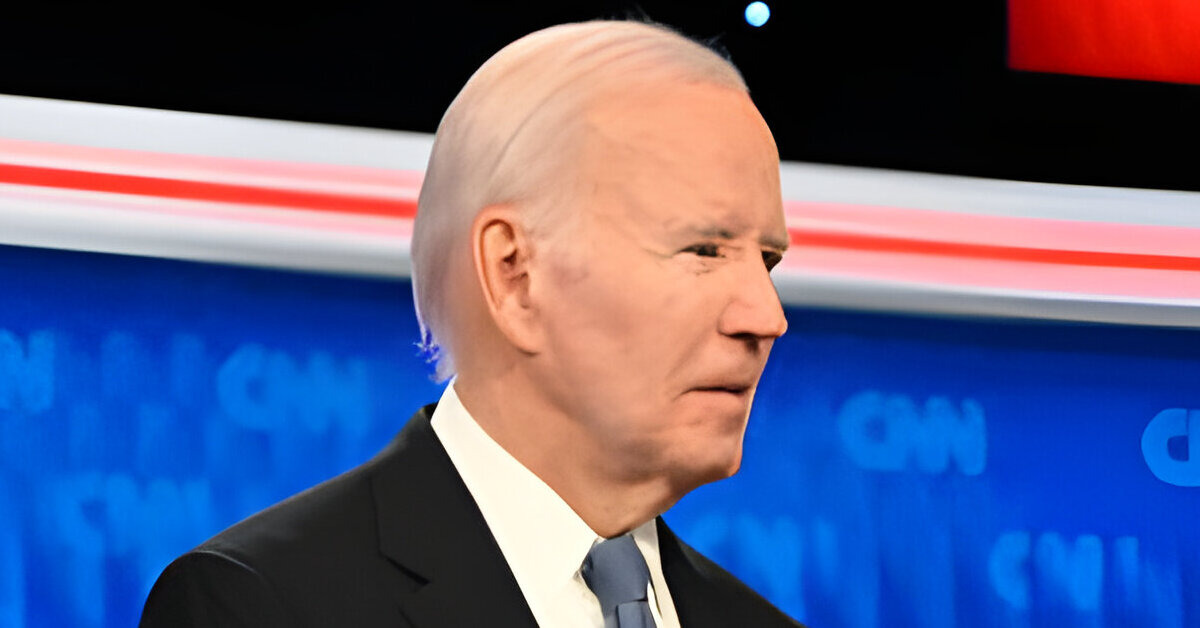DeSantis Finally Acknowledges Trump’s 2020 Election Loss

Ron DeSantis’ Candid Reflections on 2020 Election and the Political Landscape
In a candid and unprecedented revelation, Florida Governor Ron DeSantis has dispelled longstanding ambiguity and acknowledged the outcome of the 2020 presidential election. This revelation comes after a period of seeming evasion on the matter, and it could have far-reaching implications for the political trajectory of both the Republican Party and the nation at large.
In an interview that cut to the core of American democracy, DeSantis spoke with clarity that seemed to resonate beyond the confines of political rhetoric. Amidst a crowded field of Republican contenders eyeing the 2024 presidential race, DeSantis acknowledged that former President Donald Trump had indeed lost the 2020 presidential election. A statement that, for many, marked a significant departure from the rhetoric that has characterized the political discourse since that pivotal election year.
“Whoever puts their hand on the Bible on Jan. 20 every four years is the winner,” DeSantis remarked, as if seeking to distill the essence of a democratic transfer of power. With a conviction that seemed to bridge the divide between political allegiances, he continued, “Of course he lost. Joe Biden’s the president.”
This confession from a prominent Republican figure carries weight beyond the mere acknowledgment of a past election. It reflects a willingness to confront truth even when it may be politically challenging. In an era characterized by divisive narratives and entrenched beliefs, DeSantis’ candid admission signals an emerging trend towards accountability and a reevaluation of the political landscape’s foundational principles.
However, DeSantis’ candid remarks were not limited to election outcomes. He delved deeper, dissecting the intricacies of the electoral process, media narratives, and the broader political strategy of the Republican Party. “I think what people in the media and elsewhere, they want to act like somehow this was just like the perfect election,” he reflected. “I don’t think it was a good-run election.” This sentiment reflects a broader sentiment within conservative circles that the 2020 election was marked by irregularities and procedural challenges.
Yet, DeSantis also acknowledged that the Republican Party’s response to these perceived challenges may not have been as robust as it could have been. “But I also think Republicans didn’t fight back. You’ve got to fight back when that is happening,” he asserted. In doing so, he unveiled a self-critical perspective on the party’s performance in the face of adversity, pushing for a reinvigorated sense of resilience and proactive engagement.
One of the contentious aspects of the 2020 election was the widespread use of mail-in ballots and associated voting procedures. DeSantis reiterated his criticism of these practices, including laws that permit third parties to return ballots. This criticism aligns with concerns voiced by many conservatives, who argue that such measures can undermine the integrity of the electoral process. However, it’s worth noting that research has indicated that mail-in voting does not inherently favor any one political party.
On the subject of voter fraud, DeSantis’ views converge with a consensus held by a majority of experts and authorities. There is no substantial evidence to support the notion of widespread voter fraud impacting the outcome of the 2020 presidential election. This widely accepted understanding contrasts with the allegations of fraud that were a central tenet of former President Donald Trump‘s post-election rhetoric.
Trump’s continued claims of election irregularities led to unprecedented challenges to the legitimacy of the election results, culminating in the storming of the U.S. Capitol on January 6, 2021. DeSantis, while acknowledging that Trump’s response to the events of that day could have been stronger, characterized the violent incident as a “protest” that “ended up devolving…in a way that was unfortunate.” This description echoes a narrative that has been widely criticized for downplaying the severity of the attack on American democracy.
As DeSantis navigates the tumultuous waters of Republican politics, his perspectives on the 2020 election and its aftermath reveal a nuanced and multi-dimensional approach. He recognizes the need for accountability within his own party and the importance of robust discourse and engagement. Furthermore, DeSantis’ frankness has the potential to bridge the gap between competing narratives and lead to a more transparent and authentic political discourse.
Ultimately, Governor Ron DeSantis’ acknowledgment of the 2020 election outcome stands as a watershed moment, both within the Republican Party and the broader political landscape. As he navigates the complex dynamics of a crowded field of 2024 Republican presidential candidates, his candid reflections on the past and his vision for the future could shape the course of American politics in profound and unexpected ways.



